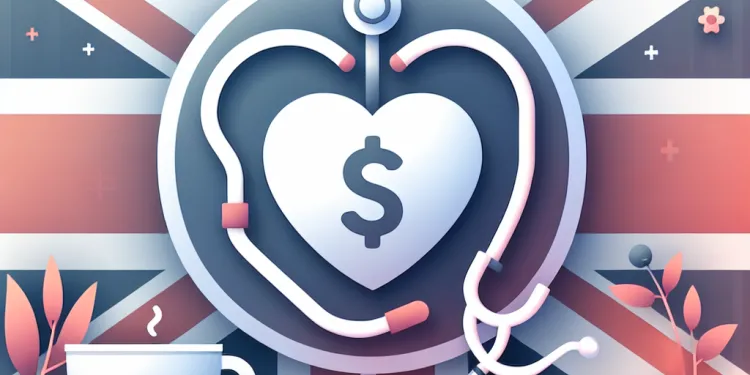
Find Help
More Items From Ergsy search
-

What should one do if they suspect they have gonorrhoea?
Relevance: 100%
-

What is Gonorrhoea?
Relevance: 78%
-
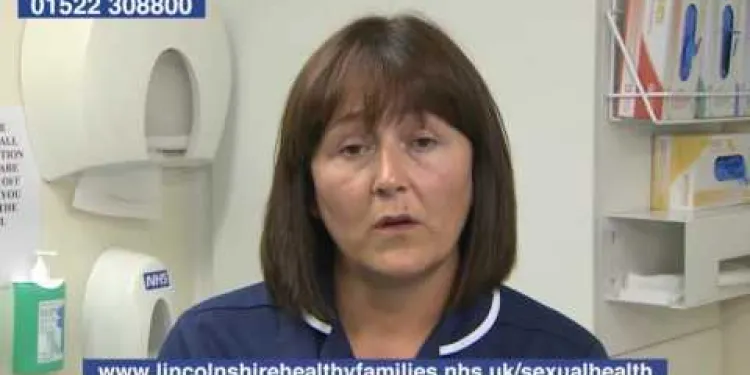
The symptoms of gonorrhoea
Relevance: 77%
-

Is there a vaccine for gonorrhoea?
Relevance: 73%
-
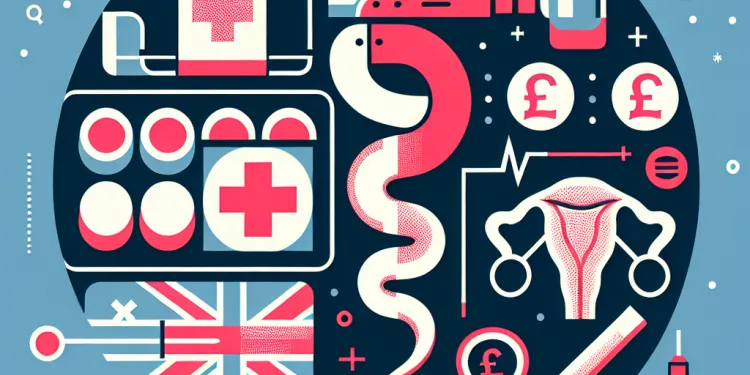
Can gonorrhoea be asymptomatic?
Relevance: 72%
-

How is gonorrhoea diagnosed?
Relevance: 72%
-

How is gonorrhoea transmitted?
Relevance: 70%
-

Can gonorrhoea be prevented?
Relevance: 70%
-

Understanding Your Sexual Health - Gonorrhoea
Relevance: 70%
-

Are there any long-term effects of gonorrhoea?
Relevance: 67%
-

Can you still get gonorrhoea after treatment?
Relevance: 65%
-
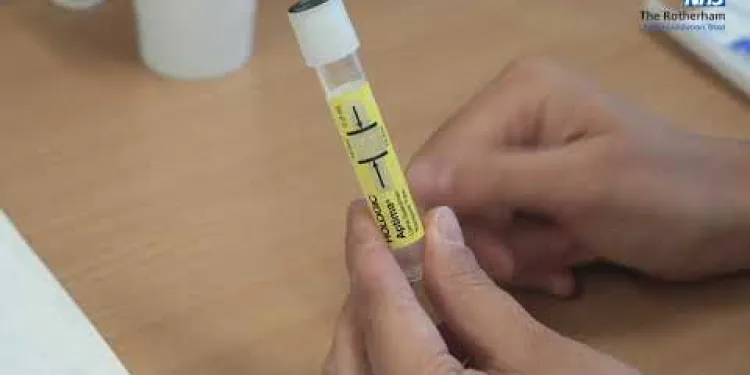
Urine test for Gonorrhoea and Chlamydia
Relevance: 65%
-
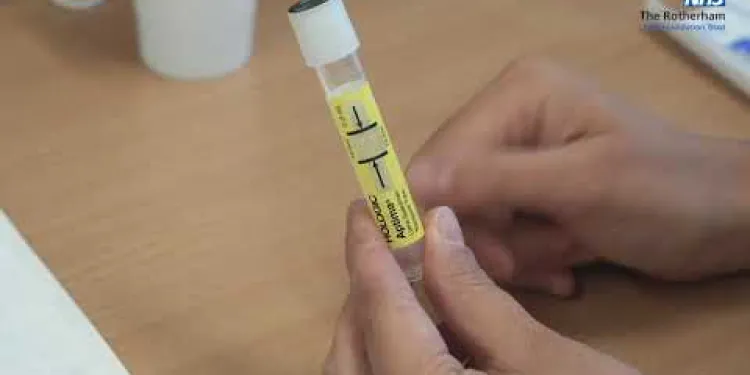
Urine test for Gonorrhoea and Chlamydia
Relevance: 65%
-

What antibiotics are used to treat gonorrhoea?
Relevance: 65%
-
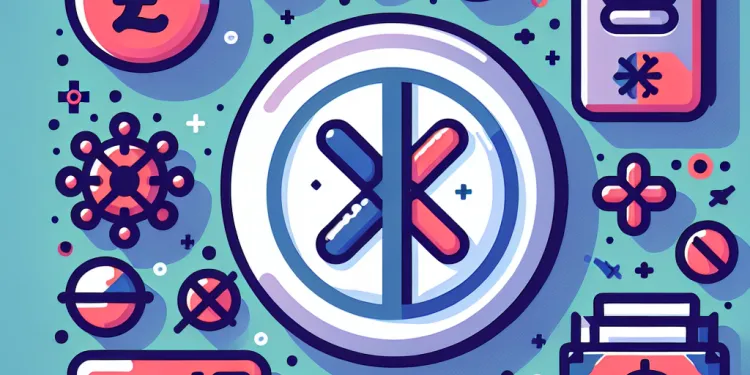
Why is antibiotic resistance a concern with gonorrhoea?
Relevance: 64%
-
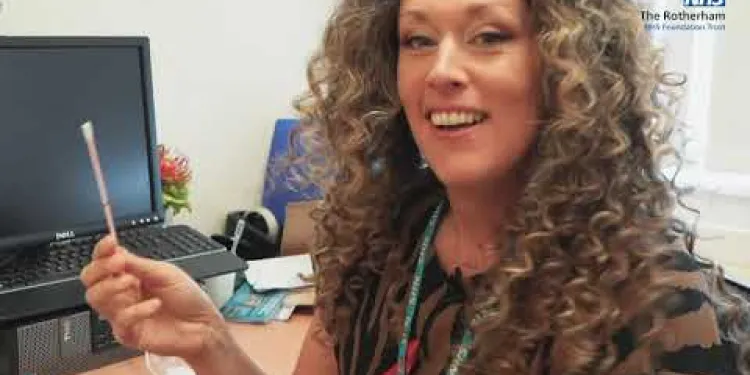
Pharyngeal swab for Gonorrhoea and Chlamydia
Relevance: 64%
-

Can gonorrhoea infect areas other than the genital organs?
Relevance: 63%
-
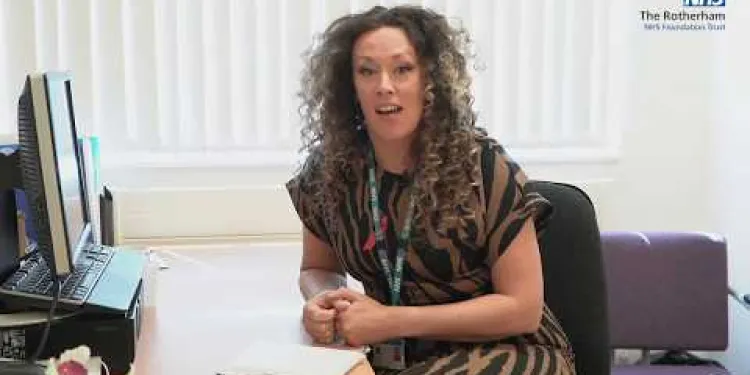
Vaginal Swab test for Gonorrhoea and Chlamydia
Relevance: 62%
-
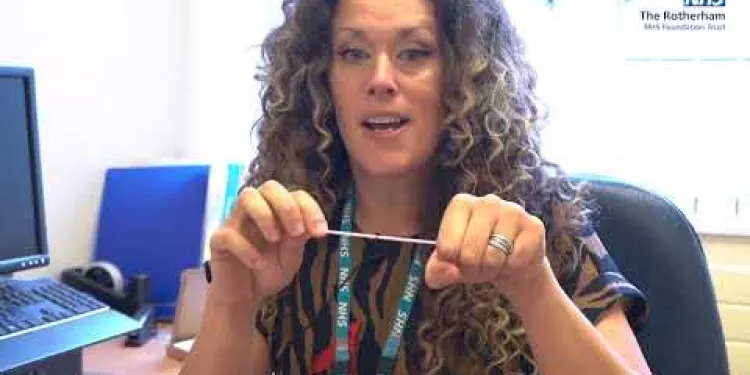
Rectal swab test for Gonorrhoea and Chlamydia
Relevance: 61%
-

How often should one get tested for gonorrhoea?
Relevance: 60%
-
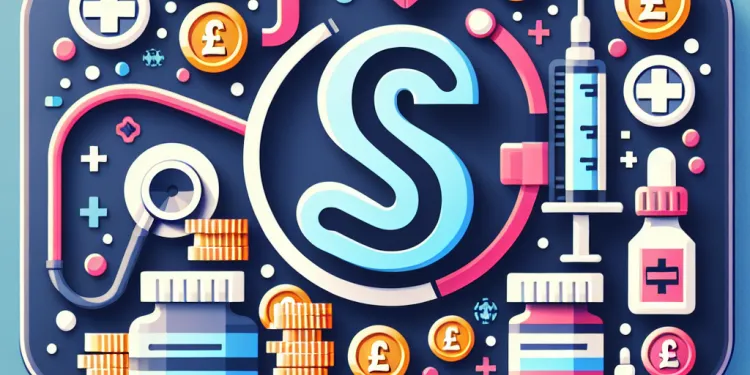
Is gonorrhoea treatable?
Relevance: 52%
-

Can gonorrhoea be spread through casual contact?
Relevance: 48%
-

Can gonorrhoea cause complications if left untreated?
Relevance: 47%
-

What should I do if I suspect a scam?
Relevance: 41%
-

What professional resources are available if grooming is suspected?
Relevance: 41%
-
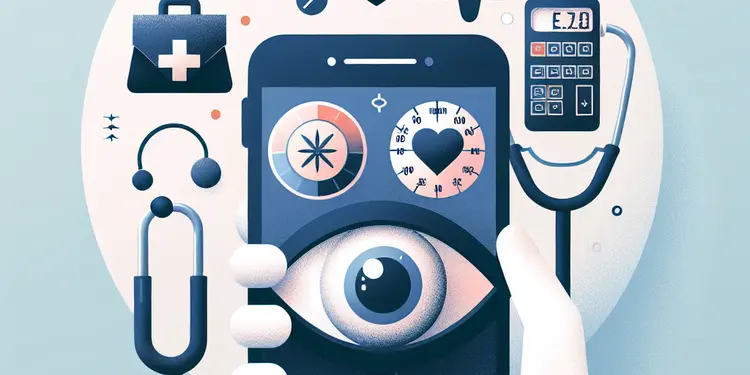
What should I do if I suspect I have hypotony?
Relevance: 40%
-

What should someone do if they suspect Nipah Virus infection?
Relevance: 39%
-
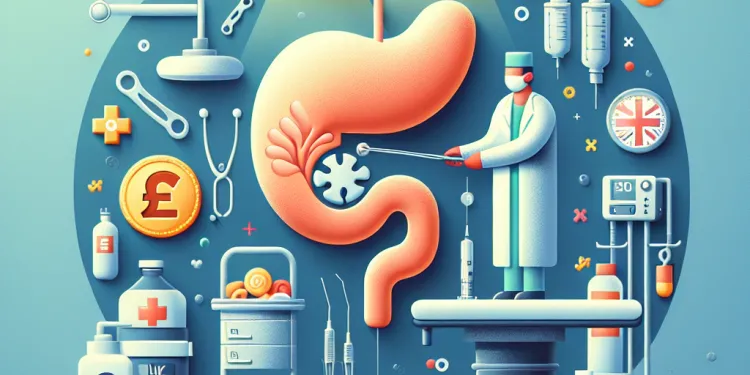
What is the likelihood of needing surgery for suspected appendicitis?
Relevance: 39%
-

What should I do if I suspect I have measles?
Relevance: 39%
-
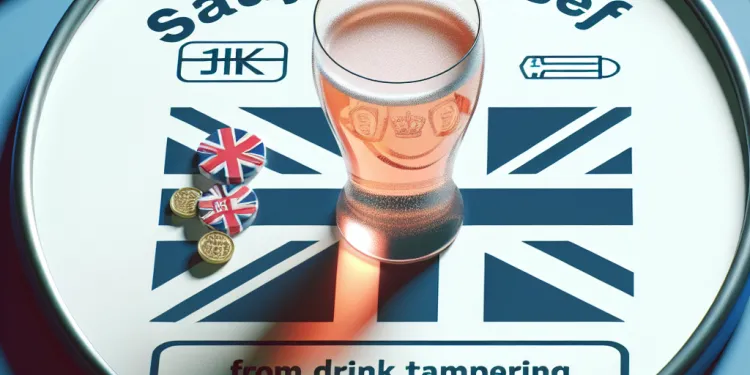
What should I do if I suspect my drink has been spiked?
Relevance: 36%
-

What should I do if I suspect I have sleep apnea?
Relevance: 36%
-

Can players return to play on the same day after a suspected concussion?
Relevance: 35%
-

Should I contact my email provider if I suspect hacking?
Relevance: 35%
-
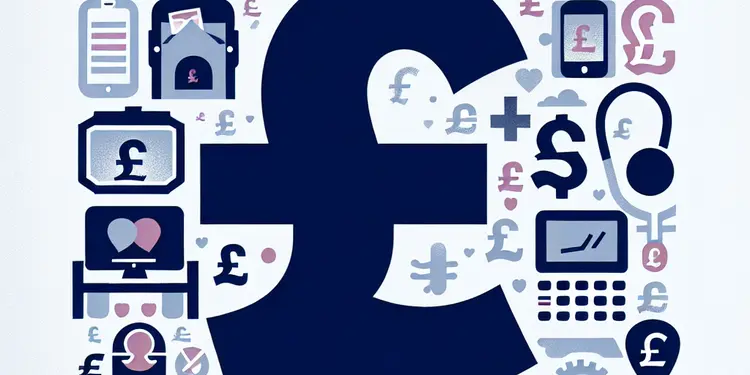
What should I do if I suspect I have postnatal depression?
Relevance: 35%
-
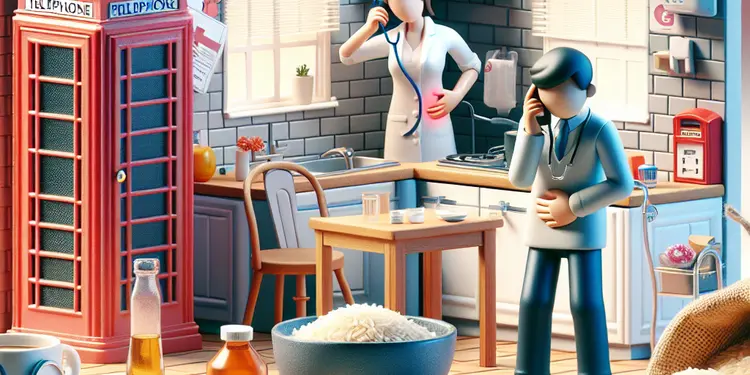
What should I do if I suspect food poisoning from rice?
Relevance: 35%
-
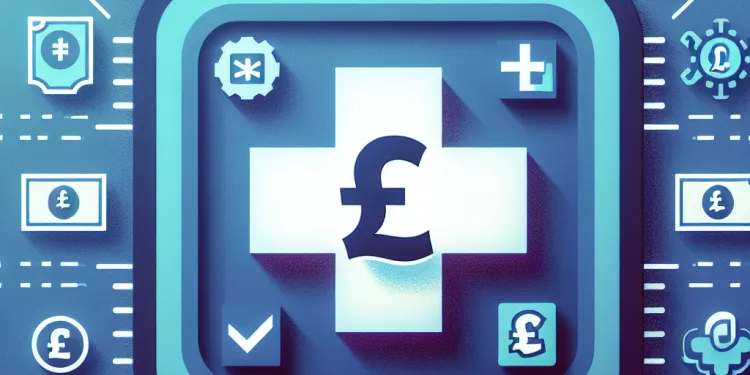
What should you do if you suspect methanol poisoning?
Relevance: 35%
-
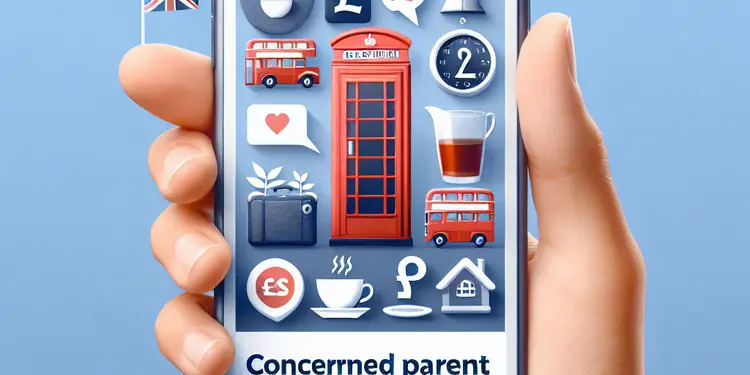
What should I do if I suspect my child is being groomed?
Relevance: 34%
-
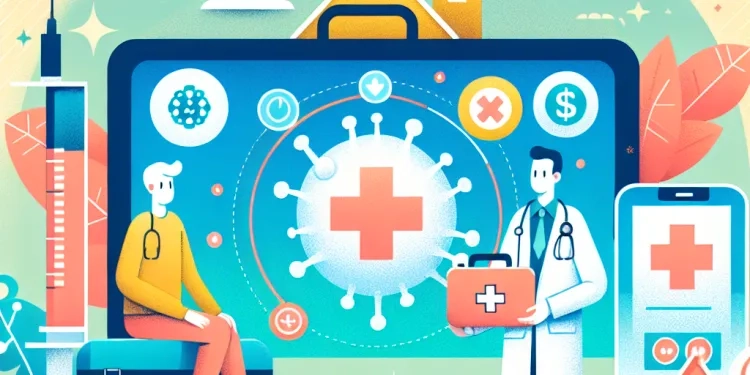
What should you do if you suspect you have measles?
Relevance: 34%
-

How soon should you see a doctor if you suspect appendicitis?
Relevance: 33%
-
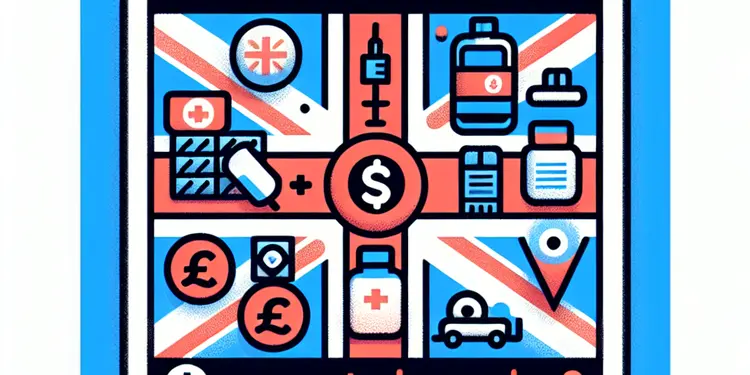
What should you do if you suspect you have measles?
Relevance: 33%
Understanding Gonorrhoea
Gonorrhoea is a sexually transmitted infection (STI) caused by the bacterium Neisseria gonorrhoeae. It can infect the genitals, rectum, and throat, and is most commonly spread through unprotected vaginal, anal, or oral sex. Left untreated, gonorrhoea can lead to serious health problems, including infertility. Therefore, it is essential to act promptly if you suspect you may have contracted this infection.
Recognising the Symptoms
Understanding the symptoms of gonorrhoea is crucial. In men, symptoms may include a burning sensation when urinating, a white, yellow, or green discharge from the penis, and sometimes painful or swollen testicles. Women may experience increased vaginal discharge, painful urination, and vaginal bleeding between periods. However, it is important to note that many people with gonorrhoea do not experience any symptoms, particularly women, making regular testing crucial for sexually active individuals.
What to Do If You Suspect Gonorrhoea
If you suspect you have gonorrhoea, it is important to seek medical advice as soon as possible. You should refrain from any sexual activity until you have been tested and treated, if necessary, to prevent the spread of the infection. Contact a local sexual health clinic or your GP to arrange a test. In the UK, testing is free and confidential. It usually involves a urine test or swabs, depending on the site of infection.
Seeking Medical Advice
Visit a sexual health clinic or a GP to discuss your symptoms with a healthcare professional. They will advise whether you need to be tested for gonorrhoea and other STIs. Remember, all discussions with your doctor or nurse are confidential. They can also provide information about the nature of the infection, potential treatments, and preventive steps to avoid re-infection.
Treatment Options
If tested positive for gonorrhoea, the usual treatment is a course of antibiotics. It's important to complete the full course of medication even if symptoms improve. Your healthcare provider will also advise you on informing sexual partners so they can be tested and treated as well. This process is known as partner notification, and clinics can help you with this confidentially.
Preventing Gonorrhoea
Preventing gonorrhoea primarily involves practicing safe sex. Use condoms correctly during sexual intercourse, and make sure to get regular STI screenings if you are sexually active, especially with new or multiple partners. Educating yourself and your partners about STIs can significantly reduce the risk of transmission.
Conclusion
If you suspect you have gonorrhoea, taking immediate action by seeking medical advice and getting tested is crucial. Early diagnosis and treatment can prevent complications and help stop the spread of this infection. Remember, maintaining safe sex practices is essential in protecting yourself and others from gonorrhoea and other STIs.
What is Gonorrhoea?
Gonorrhoea is a disease you can get from sex. It's caused by tiny germs called bacteria. These bacteria can infect your private parts, back passage, and throat. You can catch it by having sex without a condom. If you don't treat gonorrhoea, it can cause big health problems and make it hard to have babies. So, if you think you might have it, visit the doctor quickly.
What Are the Signs?
Knowing what gonorrhoea looks like is important. Boys might feel a burn when they pee, have strange colour stuff come out of the penis, or their testicles might hurt. Girls might have more stuff coming out of the vagina, it might hurt to pee, or they might bleed when they're not on their period. But lots of people don't see any signs, especially girls. That's why it's good to get checked by a doctor a lot if you are having sex.
What to Do If You Think You Have It
If you think you might have gonorrhoea, go to the doctor right away. Don't have sex until you know for sure. You can go to a special clinic or your doctor for a test. The test is usually free, and no one else will know about it. A doctor or nurse might ask you to pee in a cup or take a swab.
Talking to a Doctor
Go to a health clinic or your doctor if you think you have gonorrhoea. Talk to them about how you feel. They'll tell you if you need a test to see if you have it or any other disease from sex. They will keep everything you say private. They will also tell you about how to treat it and how to stop getting it again.
How to Treat Gonorrhoea
If the test shows you have gonorrhoea, the doctor will give you medicine called antibiotics to make you better. Be sure to take all the medicine, even if you start feeling better. The doctor will say it's important to tell anyone you've had sex with so they can get tested too. The clinic can help you tell them without it being awkward.
How to Stay Safe
To not get gonorrhoea, always use condoms the right way when you have sex. It helps to get checked for diseases from sex often, especially if you have new boyfriends or girlfriends. Learning about these diseases helps keep everyone healthy.
Last Thoughts
If you think you have gonorrhoea, go to the doctor quickly and get a test. Finding out early and getting the right medicine can stop you from getting sick and helps keep others safe too. Remember, being careful and using condoms can keep you and your partners safe from gonorrhoea and other diseases from sex.
Frequently Asked Questions
What is the first step if I suspect I have gonorrhea?
If you suspect you have gonorrhea, the first step is to seek medical advice from a healthcare professional as soon as possible.
Can I self-diagnose gonorrhea?
It is not advisable to self-diagnose gonorrhea. A healthcare provider can perform tests to determine if you have the infection.
What kind of tests are done for gonorrhea?
A healthcare provider can conduct a urine test or take a swab from the affected area to test for gonorrhea.
Is immediate treatment necessary for gonorrhea?
Yes, immediate treatment is important to prevent serious health complications and to stop the spread of the infection.
Are there home remedies for gonorrhea?
Gonorrhea should be treated with prescribed antibiotics. Home remedies are not effective against this infection.
Can gonorrhea clear up on its own?
Gonorrhea does not go away on its own and requires antibiotic treatment to be cured.
What happens if gonorrhea is left untreated?
Untreated gonorrhea can lead to serious health issues such as pelvic inflammatory disease in women and infertility in both men and women.
Should I inform my sexual partner if I have gonorrhea?
Yes, it is important to inform any sexual partners so they can be tested and treated as well to prevent re-infection.
Can I still have sex if I am being treated for gonorrhea?
You should avoid sex until you and your partner(s) have completed treatment and are confirmed to be infection-free.
What antibiotics are used to treat gonorrhea?
Your healthcare provider will prescribe antibiotics such as ceftriaxone and azithromycin to treat gonorrhea.
How long does it take for symptoms to resolve with treatment?
Symptoms usually improve within a few days of starting treatment, but it is essential to complete the full course of antibiotics.
Is gonorrhea a serious infection?
Yes, gonorrhea can lead to serious and permanent health problems if not treated promptly.
Can you get gonorrhea more than once?
Yes, you can get gonorrhea again, even after successful treatment, if you are exposed to the bacteria again.
Can gonorrhea affect fertility?
Yes, untreated gonorrhea can lead to infertility in both men and women.
Are there any long-term effects of gonorrhea?
Without treatment, gonorrhea can cause long-term health issues including chronic pain, infertility, and increased risk of transmitting or acquiring other STIs.
How can I prevent getting gonorrhea?
You can reduce your risk of gonorrhea by practicing safe sex, including using condoms and having regular sexual health check-ups.
What are common symptoms of gonorrhea?
Common symptoms include painful urination, abnormal discharge from the genitals, and in some cases, no symptoms at all.
Is gonorrhea only spread through sexual contact?
Gonorrhea is primarily spread through sexual contact, but can also be transmitted from a mother to her baby during childbirth.
Should I get tested for other STIs if I have gonorrhea?
Yes, it is advisable to get tested for other STIs, including HIV, as co-infections are common.
What should I do if my symptoms do not improve after treatment?
If your symptoms do not improve after treatment, contact your healthcare provider for further evaluation and testing.
What should I do if I think I have gonorrhea?
Step 1: Talk to a doctor.
If you feel sick or notice something is wrong, you should ask a doctor for help. They know what to do.
You can also ask a nurse or go to a health clinic.
It is important to get advice and care from a health professional.
If you think you might have gonorrhea, go to a doctor or nurse quickly. They can help you feel better.
Can I figure out by myself if I have gonorrhea?
No, you cannot find out if you have gonorrhea by yourself. You need to see a doctor. They will do tests to check if you have it.
If you feel worried, talk to a trusted adult or look for help at a health clinic.
Remember, it's okay to ask questions and get help from experts. They are here to keep you healthy.
Do not try to find out on your own if you have gonorrhea. A doctor can do tests to check if you have it.
What tests are used to find gonorrhea?
Doctors do a few simple tests to find out if someone has gonorrhea. Here are the tests:
- Urine Test: You pee in a cup. Doctors check the pee to see if you have gonorrhea.
- Swab Test: A nurse or doctor uses a cotton swab to take a sample from the throat, rectum, or genitals.
These tests help doctors know if you need treatment. If you have any worries, you can ask the doctor to explain the tests.
If you find reading hard, ask someone you trust to read with you. You can also use an app that reads out loud.
A doctor or nurse can check if someone has gonorrhea. They can do this by testing pee or by using a cotton swab on the sore spot.
Do you need to see a doctor right away for gonorrhea?
If you have gonorrhea, it is important to see a doctor soon. The doctor can help you feel better.
You can ask someone you trust to help you make an appointment.
Writing down what you want to say can help. There are also apps that can remind you about your appointment.
Yes, getting treatment right away is important. It helps you stay healthy and stops the infection from spreading to other people.
Can I treat gonorrhea at home?
Gonorrhea is a type of infection. You need special medicine from a doctor to get better. Home remedies like drinking herbal tea won't work.
If you think you have gonorrhea, see a doctor. They can give you the right medicine.
For support, talk to someone you trust. You can also write down questions to ask the doctor.
You need special medicine from the doctor to get better from gonorrhea. Home tricks do not work to fix this infection.
Can gonorrhea go away by itself?
Gonorrhea is a sickness. It needs medicine to get better. If you think you have it, see a doctor.
A doctor can give you medicine to make it go away. It is important to take all the medicine.
If you don't, it can make you more sick. You might need more help from doctors.
Tell a grown-up if you are worried. They can help you find a doctor.
Gonorrhea is an illness. It won't go away without medicine. You need antibiotics to get better.
What happens if gonorrhea is not treated?
Gonorrhea is a germ that can make you sick. If you don't get medicine for it, you could have problems like:
- Pain in the tummy or down there.
- Trouble having babies later.
- Germs spreading in your body, making you very sick.
- Hurting joints or skin.
It's important to see a doctor if you think you have gonorrhea. They will help you get better with medicine.
Ask someone you trust for help, like a doctor or a counselor.
If gonorrhea is not treated, it can cause big health problems. In women, it can lead to a disease called pelvic inflammatory disease, which hurts the area where babies grow. In both men and women, it can make it hard to have children later.
Do I need to tell my partner if I have gonorrhea?
Gonorrhea is an illness you can catch from someone during sex.
If you have gonorrhea, it's important to tell your partner.
This way, your partner can get checked by a doctor too.
Talking to your partner helps keep both of you healthy.
If you need help to talk, you can ask a doctor or nurse. They can help you with what to say.
Yes, it’s important to tell anyone you’ve been close with so they can get checked and get medicine too. This stops you from getting sick again.
Can I have sex if I am taking medicine for gonorrhea?
If you have gonorrhea and you are taking medicine, it is important to be careful:
- Wait until your doctor says it is okay before having sex.
- Make sure your partner is also treated.
- Use condoms to stay safe.
If you have questions, ask your doctor or nurse. They can help you understand what to do.
Wait to have sex until you and your partner(s) have finished your medicine and are sure you do not have an infection anymore.
What medicine helps make gonorrhea better?
Your doctor will give you medicine called antibiotics to help you get better from gonorrhea. The names of these antibiotics are ceftriaxone and azithromycin.
How long does it take to feel better with treatment?
Treatment helps you feel better. Sometimes it takes a while. Using a calendar can help you track your progress.
Signs of being sick usually get better a few days after starting medicine, but it is very important to take all the medicine your doctor gave you.
Is gonorrhea a bad infection?
Gonorrhea is an illness you can catch. It is important to see a doctor if you think you have it.
Here are some helpful things you can do:
- Talk to a doctor for advice.
- Take medicine the doctor gives you.
- Tell your partner to see a doctor too.
- Use a calendar to remember doctor visits.
Yes, if you do not treat gonorrhea quickly, it can cause very bad health problems that last forever.
Can you catch gonorrhea again?
Yes, you can get gonorrhea more than one time. It is an illness you might catch again, even if you had it before.
If you think you might have gonorrhea, talk to a doctor or nurse for help.
Use a condom when you have sex. It can help stop gonorrhea.
Yes, you can get gonorrhea again. Even if you get better, you can catch it if you come into contact with the bacteria again.
Here are some ways to stay safe:
- Always use a condom when having sex.
- Get tested regularly if you are sexually active.
- Talk to your partner about being safe.
If you need help, talk to a doctor or use online health resources.
Can gonorrhea make it hard to have a baby?
Yes, if you do not treat gonorrhea, it can make it hard to have babies for both men and women.
Can gonorrhea cause problems later on?
Can getting gonorrhea make you sick later?
Gonorrhea can make you sick if you don’t get medicine.
If you think you have gonorrhea, talk to a doctor.
Relax, your doctor can help you feel better and stay healthy.
Use pictures or talk to someone you trust for help understanding this.
If you don't get treatment for gonorrhea, it can cause serious health problems. These problems can include pain that doesn't go away, trouble having babies, and a higher chance of getting or spreading other infections.
How can I stop getting gonorrhea?
Gonorrhea is an illness you can get from sex. Here are some easy ways to stay safe:
- Use a condom. It helps stop the illness from spreading.
- Ask your partner to use a condom too.
- Have fewer partners. This lowers your chances of getting sick.
- Get tested. Go to the doctor to check if you have gonorrhea.
- If you or your partner feels unwell, talk to a doctor.
Ask a trusted adult or a doctor if you need more help. Reading with a friend can also be useful.
You can lower your chance of getting gonorrhea by having safe sex. Use condoms and go for regular health check-ups.
What signs show someone might have gonorrhea?
Some signs that something is wrong can be:
- Pain when you pee.
- Unusual liquid coming from private parts.
- Sometimes, there are no signs at all.
If you think you might have these signs, it can help to talk to a doctor. It might also be useful to use simple apps or pictures to understand better. You can also ask someone you trust for help.
Can you get gonorrhea without having sex?
Gonorrhea is mostly spread when people have sex. This means that it usually passes from one person to another during sexual contact.
It's important to know how gonorrhea spreads so you can stay safe. If you have questions, you can talk to a doctor.
If reading is hard, you can use tools that read the text aloud, like screen readers. They can help you understand better.
Gonorrhea is a sickness you can get when you have sex with someone who has it. A mom can also give it to her baby when the baby is born.
Do I need more tests if I have gonorrhea?
If you have gonorrhea, it is good to get tests for other infections too. These are called STIs. They can make you sick.
Ask your doctor about tests for STIs. This can help keep you healthy.
Here are some things that can help you:
- Ask a friend to come with you to the doctor. It might make you feel better.
- Write down your questions before you see the doctor.
- Use a reminder on your phone for your doctor visits.
Yes, it is a good idea to get tested for other infections like HIV because people can have more than one infection at the same time.
What do I do if I don't feel better after treatment?
If you still feel sick after taking your medicine, tell a doctor. They can help you.
Keep taking notes of how you feel. This can help the doctor understand what is happening.
You can also ask a friend or family member to come with you to the doctor. They can help you remember what the doctor says.
If you do not feel better after taking your medicine, talk to your doctor. They can help you find out what to do next.
Useful Links
This website offers general information and is not a substitute for professional advice.
Always seek guidance from qualified professionals.
If you have any medical concerns or need urgent help, contact a healthcare professional or emergency services immediately.
- Ergsy carfully checks the information in the videos we provide here.
- Videos shown by Youtube after a video has completed, have NOT been reviewed by ERGSY.
- To view, click the arrow in centre of video.
- Most of the videos you find here will have subtitles and/or closed captions available.
- You may need to turn these on, and choose your preferred language.
- Go to the video you'd like to watch.
- If closed captions (CC) are available, settings will be visible on the bottom right of the video player.
- To turn on Captions, click settings .
- To turn off Captions, click settings again.
More Items From Ergsy search
-

What should one do if they suspect they have gonorrhoea?
Relevance: 100%
-

What is Gonorrhoea?
Relevance: 78%
-

The symptoms of gonorrhoea
Relevance: 77%
-

Is there a vaccine for gonorrhoea?
Relevance: 73%
-

Can gonorrhoea be asymptomatic?
Relevance: 72%
-

How is gonorrhoea diagnosed?
Relevance: 72%
-

How is gonorrhoea transmitted?
Relevance: 70%
-

Can gonorrhoea be prevented?
Relevance: 70%
-

Understanding Your Sexual Health - Gonorrhoea
Relevance: 70%
-

Are there any long-term effects of gonorrhoea?
Relevance: 67%
-

Can you still get gonorrhoea after treatment?
Relevance: 65%
-

Urine test for Gonorrhoea and Chlamydia
Relevance: 65%
-

Urine test for Gonorrhoea and Chlamydia
Relevance: 65%
-

What antibiotics are used to treat gonorrhoea?
Relevance: 65%
-

Why is antibiotic resistance a concern with gonorrhoea?
Relevance: 64%
-

Pharyngeal swab for Gonorrhoea and Chlamydia
Relevance: 64%
-

Can gonorrhoea infect areas other than the genital organs?
Relevance: 63%
-

Vaginal Swab test for Gonorrhoea and Chlamydia
Relevance: 62%
-

Rectal swab test for Gonorrhoea and Chlamydia
Relevance: 61%
-

How often should one get tested for gonorrhoea?
Relevance: 60%
-

Is gonorrhoea treatable?
Relevance: 52%
-

Can gonorrhoea be spread through casual contact?
Relevance: 48%
-

Can gonorrhoea cause complications if left untreated?
Relevance: 47%
-

What should I do if I suspect a scam?
Relevance: 41%
-

What professional resources are available if grooming is suspected?
Relevance: 41%
-

What should I do if I suspect I have hypotony?
Relevance: 40%
-

What should someone do if they suspect Nipah Virus infection?
Relevance: 39%
-

What is the likelihood of needing surgery for suspected appendicitis?
Relevance: 39%
-

What should I do if I suspect I have measles?
Relevance: 39%
-

What should I do if I suspect my drink has been spiked?
Relevance: 36%
-

What should I do if I suspect I have sleep apnea?
Relevance: 36%
-

Can players return to play on the same day after a suspected concussion?
Relevance: 35%
-

Should I contact my email provider if I suspect hacking?
Relevance: 35%
-

What should I do if I suspect I have postnatal depression?
Relevance: 35%
-

What should I do if I suspect food poisoning from rice?
Relevance: 35%
-

What should you do if you suspect methanol poisoning?
Relevance: 35%
-

What should I do if I suspect my child is being groomed?
Relevance: 34%
-

What should you do if you suspect you have measles?
Relevance: 34%
-

How soon should you see a doctor if you suspect appendicitis?
Relevance: 33%
-

What should you do if you suspect you have measles?
Relevance: 33%


